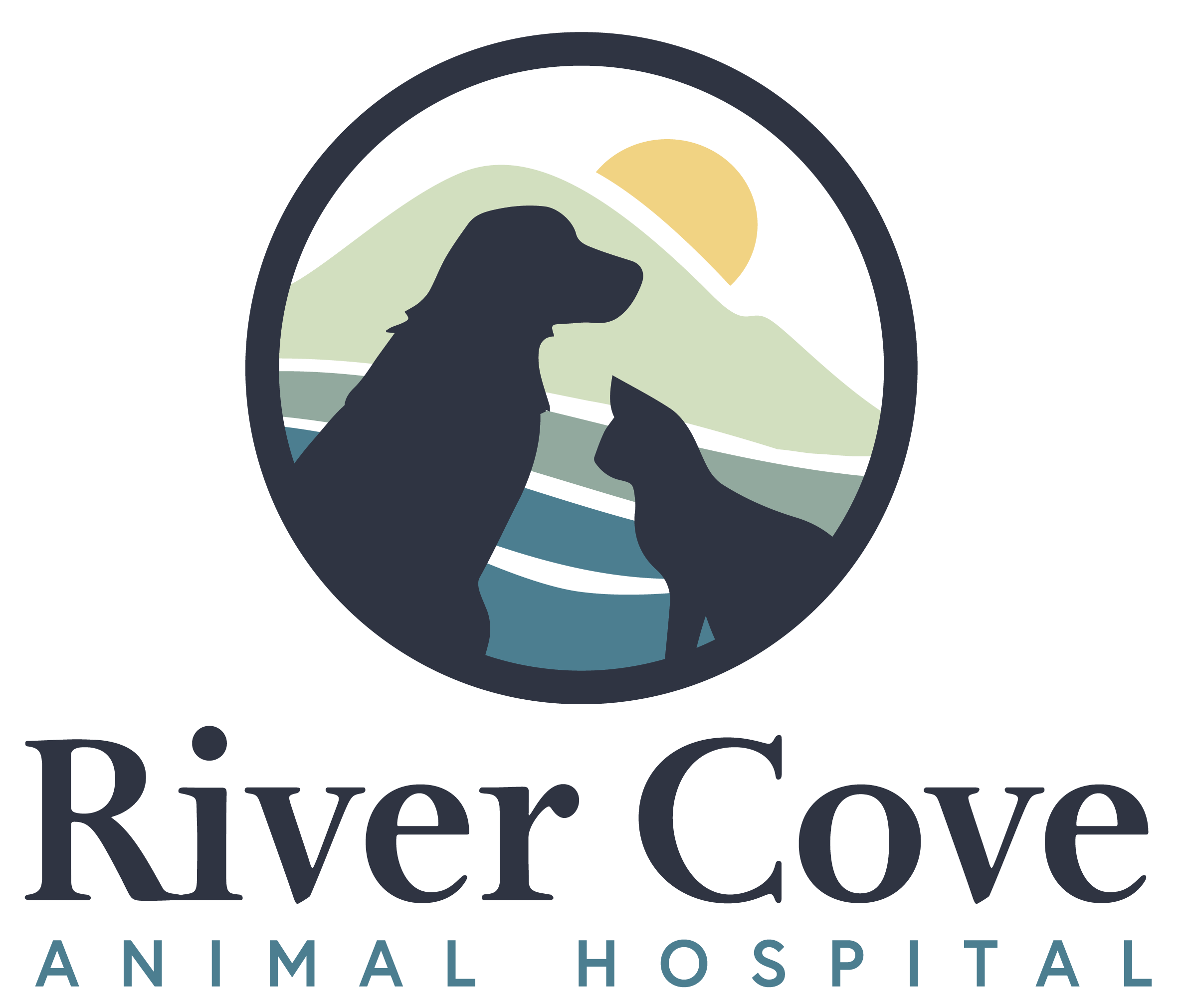Library
-
Vomiting in Cats
Un vómito es la expulsión activa de la comida desde el estómago. Los vómitos pueden ser causados por problemas en el estómago, pero también pueden presentarse como signo clínico de muchas otras enfermedades y problemas. El vomitar no es una enfermedad específica por sí mismo. Los gatos vomitan con relativa facilidad.
-
Vulvoplasty, also known as episioplasty, is a surgical procedure that your veterinarian may recommend to correct a conformational issue known as a recessed vulva. Your veterinarian will remove a crescent-shaped piece of tissue from above the vulva, allowing the skin to be pulled upwards into a more normal conformation. This procedure is performed under general anesthesia. Your pet will be intubated with an endotracheal tube. After surgery, you will need to give pain medications and antibiotics as directed and keep your dog confined/restricted for approximately two weeks. Skin sutures, if used, can typically be removed 10-14 days after surgery.
-
Walking is an excellent way for dogs to burn more calories while working toward weight loss. A short leash and head halter or harness are recommended to keep the walk going at a consistent pace. Gradually work up to several 30-minute walks per day.
-
Warfarin is given by mouth and is used off label to treat abnormal clotting in dogs and occasionally horses. Give as directed. The most common side effect is abnormal bleeding, and this should be reported to your veterinarian. Do not use in pets that are allergic to it, pets with bleeding diseases, active bleeding, aneurysm, acute kidney disease, brain bleeds, blood cell diseases, uncontrolled high blood pressure, liver disease, certain types of carcinoma, pets about to undergo certain surgical procedures, or pets that are pregnant. If a negative reaction occurs, please call the veterinary office.
-
Pet monitoring systems provide peace of mind for pet owners. While away from home, pet parents can monitor the home and pet. Monitors allow observation as well as interaction that benefits both pet and owner. Numerous options are available to accommodate the individual needs of both pet and pet parent. Do a little research to find the one that best fits your needs.
-
Weight-loss programs are not easy, especially when an overweight animal cannot exercise. Veterinary therapeutic diets, automatic feeders, food puzzles, and animal rehabilitation therapy are tools that should be considered for every pet's weight loss program. Pet parents who are motivated to help their overweight dog or cat lose weight should work closely with their veterinary healthcare team to address concerns and discuss ideas for the pet's home environment. The most successful pet owners recruit family and/or friends to support their plans. Patience and persistence are often needed because weight loss doesn't happen quickly.
-
The streamlined, steel-gray Weimaraner (Weim) was bred to sustain long hours of hunting birds and even large animals. A great companion for runners or agility enthusiasts, the Weim is ready for any physical activity.
-
A wellness examination includes a complete physical examination and discussion about your cat's daily habits and nutrition. Depending on your cat's age, these visits may be recommended annually or more frequently. Lab work such as blood tests, urinalysis, and fecal tests are often recommended to screen for underlying disease. Blood pressure assessment and radiographs of your cat's chest, abdomen, or joints may also be suggested. Prepare for your cat's wellness examination by knowing what food she eats and how much, any supplements or medications they are taking and if anyone in your household has noticed changes or concerns.
-
A wellness examination includes a complete physical examination and discussion about your dog's daily habits and nutrition. Depending on your dog's age, these visits may be recommended annually or more frequently. Lab work such as blood tests, urinalysis, and fecal tests are often recommended to screen for underlying disease. Radiographs of your dog's chest, abdomen, or joints may also be suggested. Prepare for your dog's wellness examination by knowing what food he eats and how much, any supplements or medications he is taking and if anyone in your household has noticed changes or has concerns.
-
Regular wellness exams and laboratory testing are designed to detect hidden disease in cats, allowing for earlier intervention to correct or manage disease. Typical testing in young or middle-aged cats includes complete blood count, biochemistry panel, and urinalysis. These tests can be done in conjunction with your cat’s annual visit to your veterinarian.

